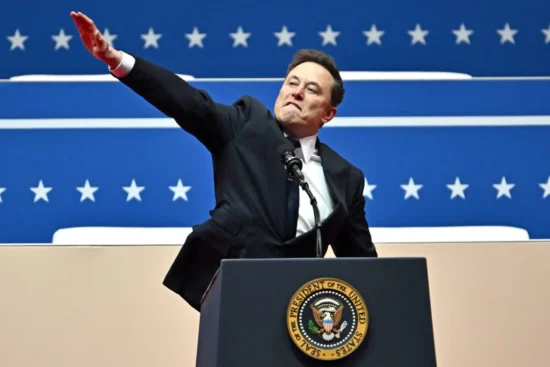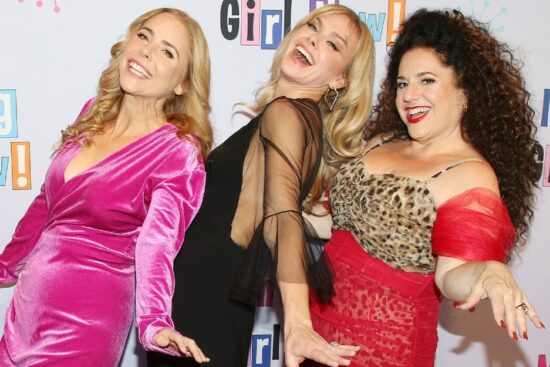


Navigating Representation in Hollywood
In a recent appearance at the Chicago Comic and Entertainment Expo, Darren Criss, best known for his role as Blaine Anderson on the hit series “Glee,” made headlines by declaring his identification as “culturally queer.” The revelation sparked discussions about representation, authenticity, and the nuances of identity in Hollywood.
Criss, who portrayed one-half of the beloved teenage gay couple alongside Chris Colfer’s character on “Glee,” spoke passionately about his experience playing Blaine. He described it as “a f*cking privilege” and acknowledged the character’s significance within the LGBTQ+ community. However, Criss clarified that he is a cisgender, straight man, though throughout his career there has been speculation about his sexuality.
Growing up in San Francisco during the 1990s, Criss was immersed in the vibrant gay culture of the city. He shared poignant memories of witnessing the struggles and losses faced by the LGBTQ+ community during the AIDS epidemic, emphasizing his deep cultural understanding and reverence for the community’s history and experiences.
The conversation surrounding straight actors playing gay roles has gained traction in recent years, with advocates pushing for more authentic representation and opportunities for LGBTQ+ actors. Criss, having previously stated his reluctance to take on such roles again, stands as an intriguing case study in this ongoing dialogue.
The question arises: Is Darren Criss the exception to the rule when it comes to straight actors portraying queer characters? His personal connection to LGBTQ+ culture, coupled with his respectful approach and acknowledgment of the community’s challenges, adds layers to the discussion of authenticity versus appropriation in entertainment.
While some argue that casting LGBTQ+ actors in LGBTQ+ roles is essential for genuine representation, others point to examples like Criss, whose admiration and understanding of the culture stem from lived experiences and sincere empathy. Criss himself has expressed a desire to see more opportunities for LGBTQ+ actors and stories in the industry.
Ultimately, Darren Criss’s journey as an actor and advocate highlights the complexities of representation in Hollywood. His identification as “culturally queer” opens up conversations about the broader spectrum of identity and the responsibility of artists to honor and amplify diverse voices in storytelling. As discussions around authenticity and representation continue to evolve, Criss’s perspective adds a valuable perspective to the ongoing dialogue within the entertainment industry.



Leave a Reply